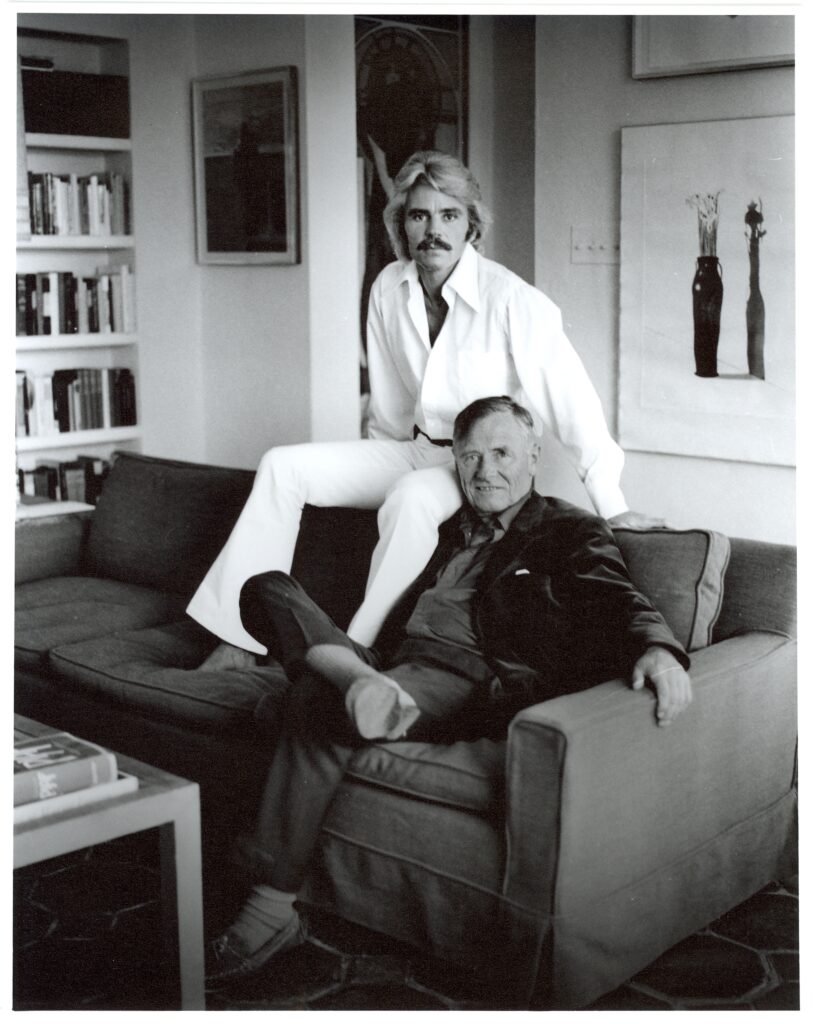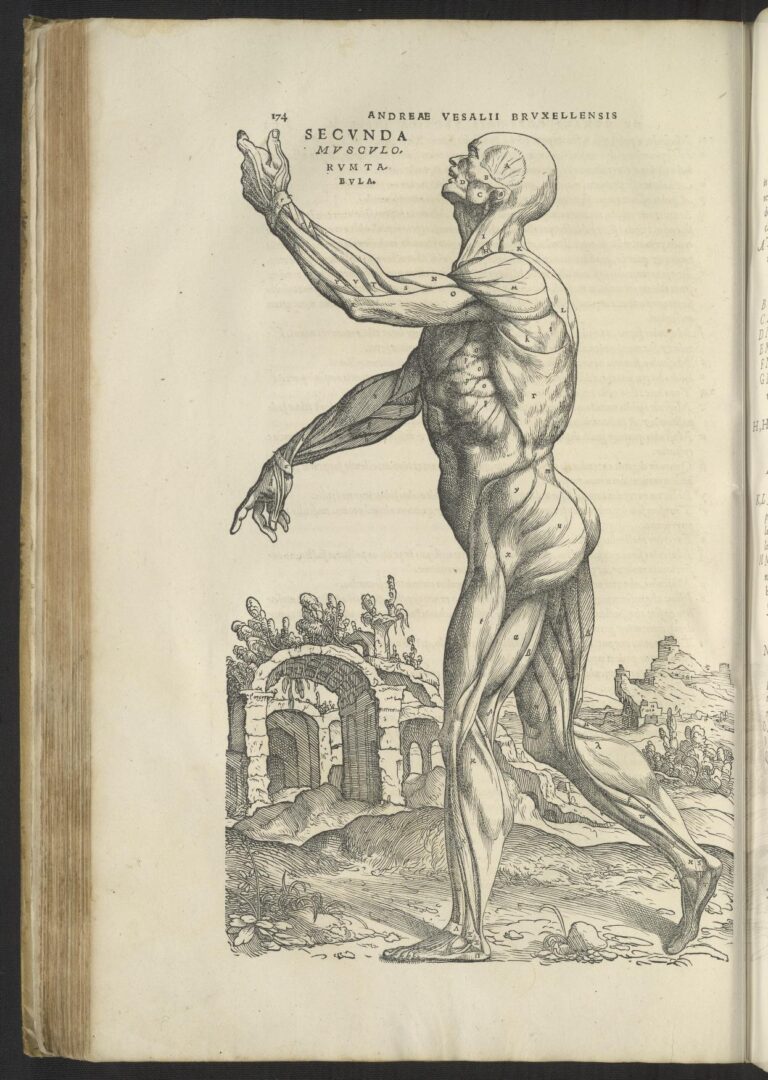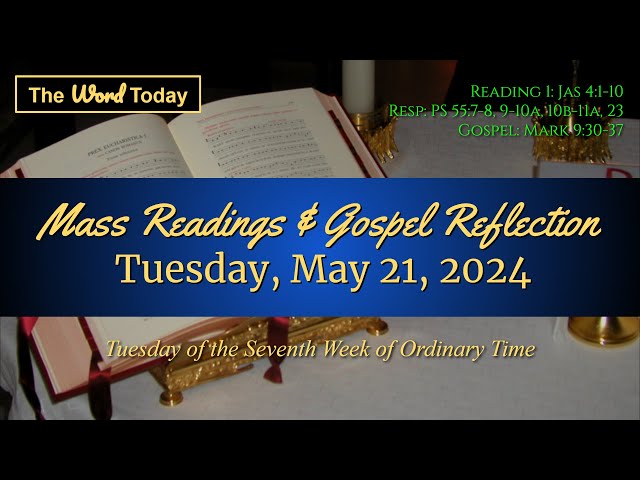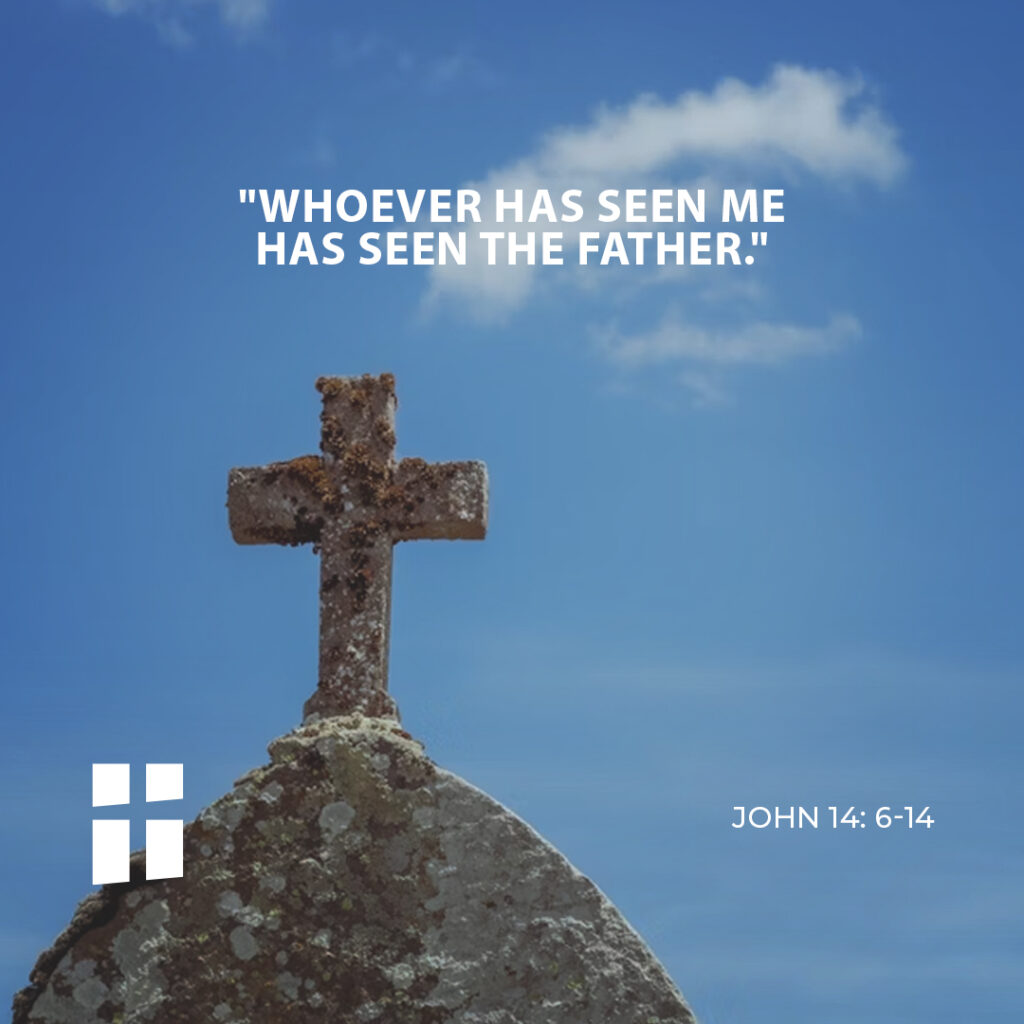
Saint Cyril of Alexandria was instrumental in the Church’s doctrinal statement that there is one person but two natures in Christ. The practical implication of this teaching is that we believe that Jesus is truly God and truly human.
Read More
Saint Cyril of Alexandria was instrumental in the Church’s doctrinal statement that there is one person but two natures in Christ. The practical implication of this teaching is that we believe that Jesus is truly God and truly human.
Read More
Anglo-American writer Christopher Isherwood lived in Berlin from 1929 to 1932 and observed first-hand the rise of the Nazis and the damage and terror inflicted on the famously tolerant city and its inhabitants. He drew from his journals that he kept from those years to write “Mr. Norris Changes Trains” (1935) and “Goodbye to Berlin” (1939), which would later be combined into an omnibus volume entitled “The Berlin Stories” (1945). Playful and powerful, Isherwood’s depiction of Berlin captured the imagination of later artists, whose work is also represented in the Rare Book and Special Collections Division.
Read More
At a time when rigorist ideas were rampant in the seminaries of Italy, Saint Joseph Cafasso proved to be a moderate, leading the students to the best of Catholic thought without going to extremes. He also encouraged them to join the Secular Franciscans and develop a love for the Eucharist.
Read More
First reading from the Book of Deuteronomy Dt 4:32-34, 39-40
Moses said to the people: “Ask now of the days of old, before your time, ever since…

Printed in Basel in 1543, Andreas Vesalius’ De Humani Corporis Fabrica is considered to be the first “modern” medical book that emphasizes clinical observation over a dependence on ancient texts. The Library of Congress has recently digitized its copy of De Fabrica, which was part of the generous gift of Lessing J. Rosenwald to the nation.
Read More
A reading from the Letter of James Jas 4:1-10
Beloved: Where do the wars and where do the conflicts among you come from? Is it not from…

Saint Athanasius felt that spending his time and energy fighting for the truth of the doctrine of Christ’s divinity was worth it. He even endured five exiles to prove it. Through his writings and hard work, we today enjoy the truth of the Gospel in its fullness: Christ is both fully human and fully divine.
Read More
A reading from the First Letter of St. Paul to the Corinthians 1 Cor 15:1-8
I am reminding you, brothers and sisters, of the Gospel I preached…
A reading from the Acts of the Apostles Acts 9:1-20
Saul, still breathing murderous threats against the disciples of the Lord, went to the high priest and…

Most likely the first of the four Gospels, the Gospel of Mark is brief and pointed. Saint Mark has one goal, to present Jesus as God’s crucified messiah, and he fulfills that goal concisely. Saint Mark’s Gospel seems to have been one of the sources used by Saints Matthew and Luke for their works.
Read More
Perhaps best known in philosophical circles for his rational proof of the existence of God, Saint Anselm was a great theologian as well. A Benedictine monk and scholar, Saint Anselm earned the title “Father of Scholasticism,” a school of philosophy/theology prominent in the middle ages, especially among Catholic philosophers and theologians.
Read More